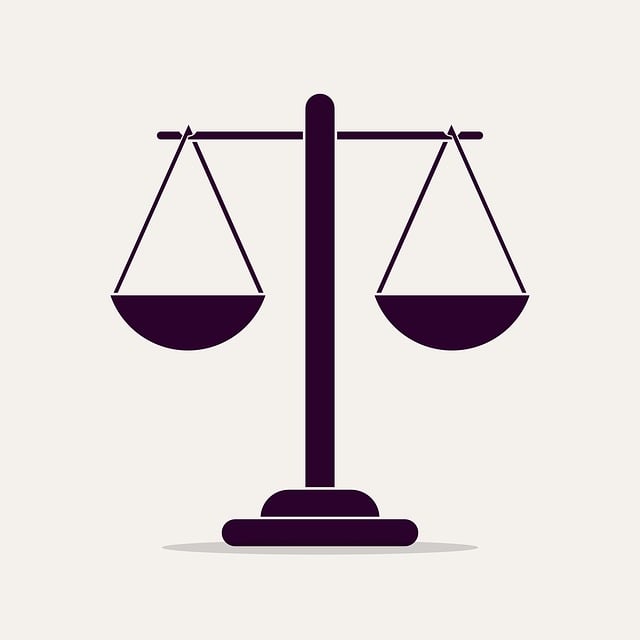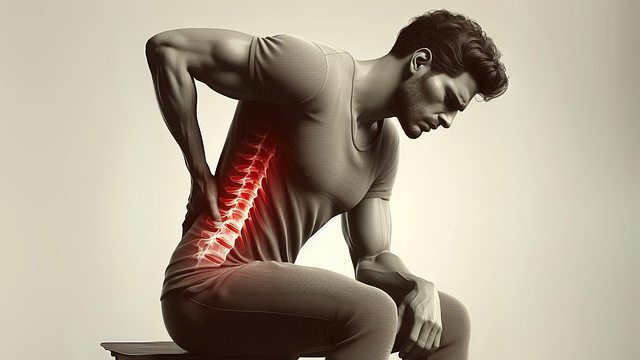Motorcycle accidents without helmets significantly elevate the risk of severe head injuries and fatalities. Statistics show stark contrasts in survival rates, with examples like Miami highlighting potential for traumatic brain injuries and skull fractures. Helmets act as vital barriers, absorbing impact energy and reducing force to the rider's head. Without them, motorcycles offer minimal protection, leading to long-term cognitive issues and medical complexities. Wearing a properly fitted helmet is crucial for mitigating these risks, emphasized by legal implications in motorcycle accident cases involving helmetless riding.
“Imagine a scenario where a simple decision, or lack thereof, could change your life forever. We’re talking about riding a motorcycle without proper protection—a practice known as helmetless riding. It’s a risk that many take, unaware of the grave consequences. This article delves into the dangers lurking on the road for unhelmeted riders, backed by compelling statistics. We’ll explore why wearing a helmet is not just a recommendation but a vital step in ensuring your safety during every ride.”
- The Dangers of Riding Unprotected
- Statistics Speak: Helmet's Lifesaving Role
- Protecting Your Head: A Must-Have Step
The Dangers of Riding Unprotected

Riding a motorcycle without proper protection, specifically a helmet, is an extremely risky decision that can have severe consequences. In the event of a collision, the lack of a helmet leaves riders vulnerable to serious head injuries or even fatal outcomes. A study by the National Highway Traffic Safety Administration (NHTSA) reveals that unhelmeted motorcyclists are at a significantly higher risk of sustaining life-threatening injuries compared to those wearing approved motorcycle helmets.
The dangers are very real, as evidenced by statistics showing a stark contrast in survival rates. In Miami, for instance, where medical malpractice compensation claims have been filed due to nursing home abuse and other incidents, the local authorities consistently emphasize the importance of helmet usage. A motorcycle accident without a helmet can lead to traumatic brain injuries (TBIs), skull fractures, or even death, leaving families to cope with unexpected losses and long-term medical issues that may require extensive treatment and rehabilitation.
Statistics Speak: Helmet's Lifesaving Role

In the world of motorcycle safety, statistics offer a compelling argument for why wearing a helmet is more than just a recommendation—it’s a matter of life and death. Studies consistently show that motorcycle riders without helmets are at a significantly higher risk of severe head injuries during accidents. In fact, not wearing a helmet increases the likelihood of sustaining a traumatic brain injury (TBI) by as much as 70% compared to those who wear protective gear. This is particularly alarming given that TBIs contribute to a substantial number of fatalities and long-term disabilities among motorcycle accident victims.
These sobering figures highlight the lifesaving role helmets play on the road. They act as a crucial barrier, absorbing impact energy and reducing the force transmitted to the rider’s head during a crash. In contrast, a car crash lawyer might argue that vehicles are designed with safety features like airbags and crumple zones, but motorcycles offer minimal protection for riders without proper gear. Protecting against head injuries is especially critical, as they can lead to long-term cognitive issues, even in seemingly minor accidents. This is not just about individual responsibility; it’s a public health concern that communities should address by promoting helmet use and ensuring access to quality protective equipment for all motorcyclists.
Protecting Your Head: A Must-Have Step

In any discussion about motorcycle safety, protecting your head should be at the forefront. Motorcyclists who opt to ride without a helmet significantly elevate their risk of severe head injuries in the event of an accident. A motorcycle crash without a helmet can lead to life-changing consequences, including brain damage, paralysis, and even death.
Wearing a properly fitted motorcycle helmet is not just a recommendation; it’s a vital step towards mitigating these risks. Many regions have laws mandating helmet use for a reason. Beyond the legal implications, consider the potential for medical malpractice compensation if negligence contributes to head injuries in accidents where helmetless riding was a factor. A product liability lawyer can help clarify rights and options in such cases, emphasizing that preventing accidents through safety measures like helmets is far preferable to navigating complex employment contracts or dealing with the aftermath of an accident.
Motorcycle accidents without helmets can lead to severe head injuries and even fatalities. The statistics are clear: wearing a helmet significantly reduces the risk of such tragic outcomes. Protecting your head should be a non-negotiable step for any rider, ensuring safety and peace of mind on the road. Remember, a simple decision to wear a helmet could be the difference between a memorable ride and a life-altering tragedy.






